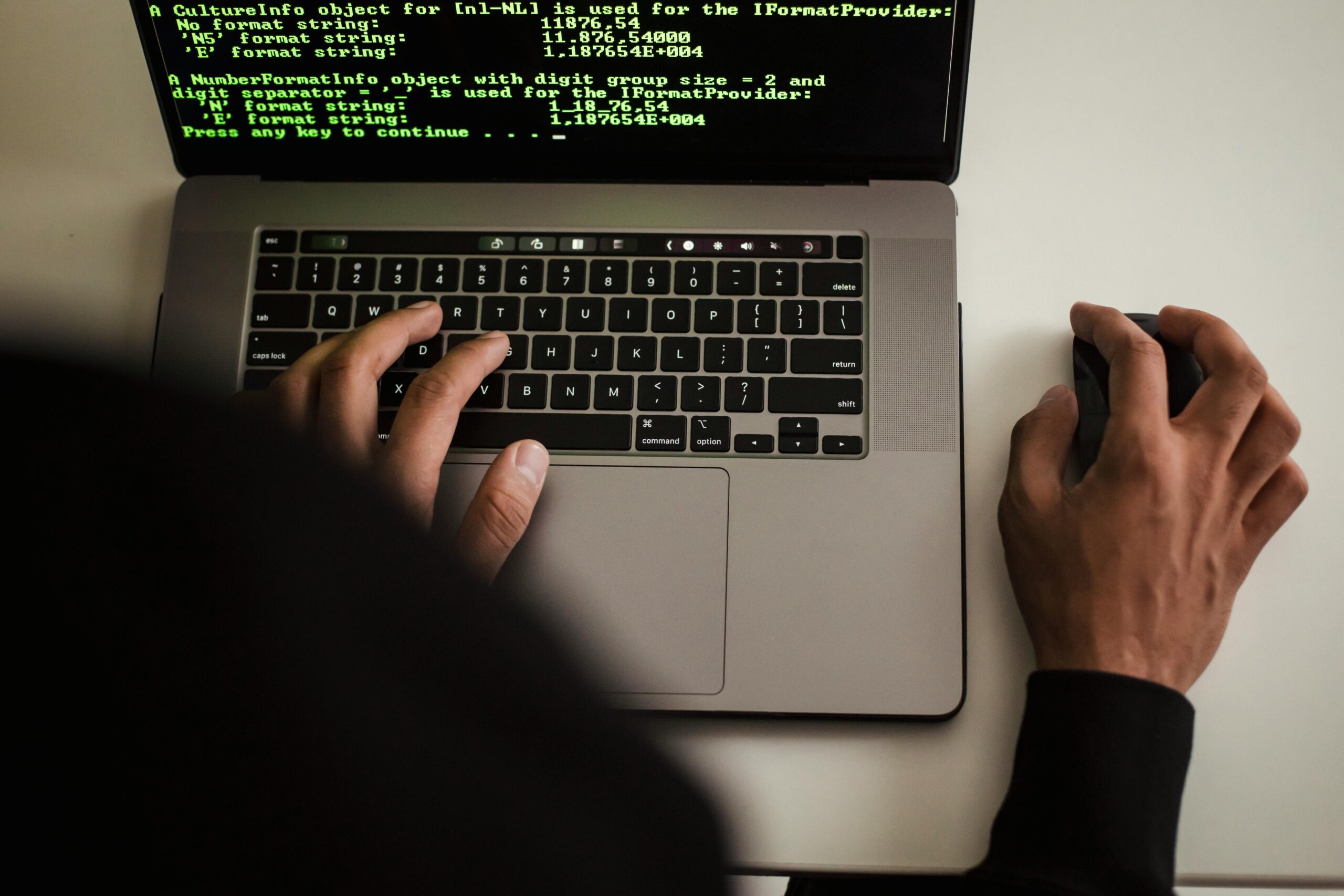Artificial Intelligence (AI) has rapidly become a cornerstone of digital innovation across industries, from healthcare and finance to e-commerce and education. As AI systems become more integrated into critical operations and decision-making processes, ensuring the security of these technologies is not just an option—it’s a necessity. In every AI development project, cybersecurity must be at the forefront from day one. Neglecting it can lead to disastrous consequences, including data breaches, model manipulation, and even large-scale societal harm.
Why Is Cybersecurity Critical in AI Projects?
The convergence of AI and cybersecurity is not just a trend—it’s a reality of our increasingly digitized world. As AI systems handle sensitive data, make autonomous decisions, and interact with users in real time, they become high-value targets for malicious actors.
AI systems differ from traditional software in several key ways. They learn from data, adapt to new environments, and often operate with a level of autonomy. This makes securing them more complex. Traditional cybersecurity models are not always equipped to detect subtle, adversarial attacks that exploit an AI model’s logic rather than its code. That’s why companies must integrate cybersecurity services deeply into every phase of AI development.
How Are AI Systems Vulnerable to Cyber Threats?
AI systems face multiple unique cybersecurity threats:
- Data Poisoning: Attackers inject misleading data into the training dataset, compromising the AI model’s accuracy and integrity.
- Model Inversion: Hackers exploit a trained model to reverse-engineer the data it was trained on, risking sensitive information leaks.
- Adversarial Attacks: Subtle inputs are crafted to deceive AI models, causing misclassification or erratic behavior.
- API Exploits: AI systems exposed through APIs can be exploited if proper access controls and encryption are not enforced.
For an AI development company, safeguarding against these threats is not only essential for protecting client data—it’s also a business imperative. Failing to do so can destroy brand trust and attract severe regulatory penalties.
What Role Do Cybersecurity Services Play in AI Projects?
Integrating cybersecurity into AI isn’t about layering security on top after the product is built—it’s about embedding it into every phase of the AI lifecycle:
- Data Collection and Preprocessing: Secure data sourcing, anonymization, and validation prevent data poisoning and ensure the model learns from high-quality inputs.
- Model Training: Using secure and isolated environments to train models reduces the risk of external interference.
- Model Deployment: Authentication protocols, encryption, and regular vulnerability assessments ensure the deployed AI system is shielded against attacks.
- Monitoring and Updates: Continuous threat monitoring and patch management allow quick responses to evolving cybersecurity threats.
An AI development company in USA offering robust cybersecurity services alongside AI solutions not only future-proofs its products but also aligns with data protection regulations such as HIPAA, GDPR, and CCPA.
Why Should Business Leaders Prioritize Cybersecurity in AI?
Business leaders often focus on the performance and ROI of AI systems, but ignoring cybersecurity can jeopardize all those gains. Here’s why making cybersecurity a priority is a smart business move:
- Trust and Transparency: Consumers and clients are more likely to engage with AI systems they perceive as secure and trustworthy.
- Compliance: With growing regulatory scrutiny, failing to integrate cybersecurity can result in non-compliance penalties and legal consequences.
- Reputation Management: A single AI-related security breach can lead to massive reputational damage, customer loss, and long-term brand erosion.
- Operational Stability: Secured AI systems are less likely to experience downtime or failures, ensuring smooth operations and better user experiences.
Many organizations are now seeking out development partners who double as cybersecurity service providers, helping them build AI platforms that are intelligent, compliant, and resilient.
How Can You Choose a Secure AI Development Partner?
Not every AI developer is equipped to address cybersecurity. When selecting a development partner, consider the following factors:
- End-to-End Security Integration: Do they consider security from data acquisition through to model deployment and monitoring?
- Experience with Compliance: Are they well-versed in local and international data protection regulations?
- Proactive Threat Management: Do they offer ongoing threat detection and response services?
- Secure Infrastructure: Is their development environment fortified against both internal and external threats?
Partnering with a reliable AI development company that provides Cyber Security Services ensures your investment in AI is safe, scalable, and sustainable.
Future Trends: AI Helping to Secure AI
Interestingly, AI is now being used to secure AI. Self-learning cybersecurity tools can detect anomalies in network traffic, user behavior, and system access in real time. These tools can help identify and respond to attacks faster than traditional systems. As AI evolves, so will the methods to protect it—creating a dynamic loop where AI both drives and defends technological progress.
This future-focused approach is already being adopted by forward-thinking companies that recognize that cybersecurity is not just a support function—it’s a strategic enabler.
Final Thoughts
The AI revolution holds incredible promise, but its success depends heavily on robust cybersecurity. Whether you’re a startup building your first AI tool or a Fortune 500 company deploying AI across global operations, security must be a non-negotiable part of your development strategy. Choosing a trusted AI development company in USA that integrates cyber security services into every layer of the AI lifecycle is the key to building ethical, reliable, and high-performing AI systems.
Frequently Asked Questions (FAQs)
Q1: What is the biggest cybersecurity risk in AI development?
One of the most serious risks is data poisoning, where compromised training data leads the AI model to make incorrect or harmful decisions.
Q2: Can cybersecurity be added after an AI model is built?
While security features can be layered post-development, it’s far more effective and less costly to integrate cybersecurity throughout the development lifecycle.
Q3: How do AI companies protect sensitive training data?
By encrypting data, anonymizing personally identifiable information, and validating data sources, developers minimize the risk of data leaks and breaches.
Q4: What regulations should AI developers be aware of?
Developers must stay compliant with frameworks like GDPR, HIPAA, and CCPA, depending on their operating region and the type of data being processed.
Q5: Why should startups invest in cybersecurity early in AI projects?
Early investment helps prevent major risks down the road, builds consumer trust, and enhances the credibility of the product in competitive markets.







